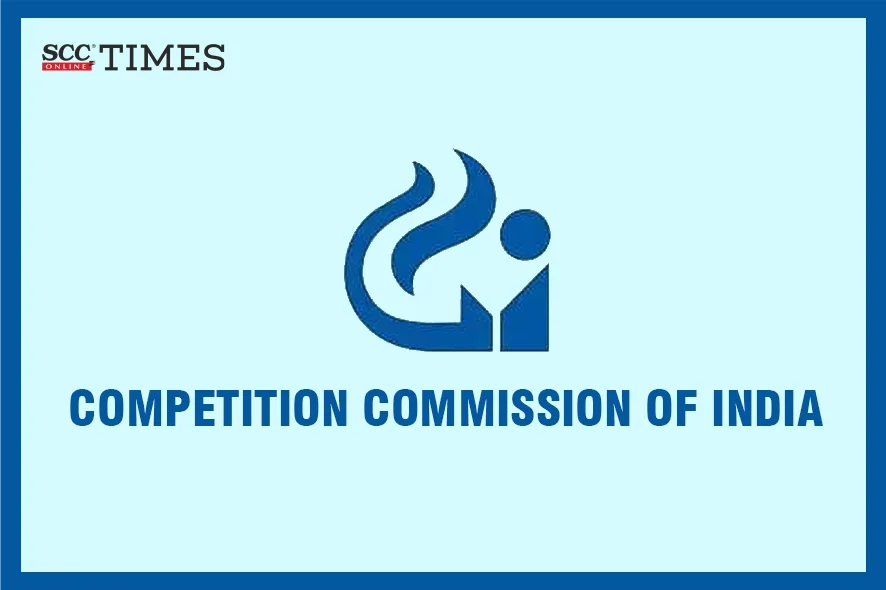Competition Commission of India (CCI): In a case filed by the informants under Section 19(1)(a) of the Competition Act, 2002 (‘Act’) against Hindalco Industries Limited (‘Hindalco’) and Vedanta Limited (‘Vedanta’) alleging contravention of provisions of Section 3 and Section 4 of the Act, a 3-member bench of Ravneet Kaur (Chairperson), Anil Agrawal, and Deepak Anurag (Members), noting the price-volatility and risks in copper markets and conditions of de-pricing and loss recovery being fair, dismissed the claim alleging abuse of dominant position.
Background
Hindalco and Vedanta are in the business of providing refined copper to companies who manufacture finished products of copper. Both Hindalco and Vedanta control 75% of the business of providing refined copper and it was stated that they have been enjoying duopoly status in India for last 30 years.
Companies buying copper must book orders at an unknown variable price called as Cash Settlement Price (‘CSP’) of the day as declared by London Metal Exchange (‘LME’). After receiving orders, Hindalco and Vedanta hedge these orders back-to-back on the LME, which is why they accept bookings at fluctuating prices. Additionally, both have the same marketing policies which state that if booking is not lifted, they reserve the option of liquidation and recovery of losses from the buyers. Customers must provide a booking margin of usually 5-10% of the copper price either in cash or in the form of a Bank Guarantee (‘BG’) and make additional Mark to Market (‘MTM’) payments if LME prices fall below the booking rate.
The informants placed orders with Hindalco and Vedanta; however, due to the COVID-19 pandemic, the Informants faced significant challenges in lifting booked copper, leading to outstanding payments. Despite BGs covering these payments and having ample time of expiry, both Hindalco and Vedanta prematurely invoked BGs curtailing the standard 90-day payment period. The invocation exceeded the outstanding amount leading to Informants’ bank accounts being overdrawn and subsequently frozen, forcing them into Corporate Insolvency Resolution Process. As a result, the Informants couldn’t lift the remaining copper which was de-priced resulting in gains to Hindalco and Vedanta.
It was the case of the Informants that both Hindalco and Vedanta had abused their dominant position by imposing unfair and discriminatory conditions in their Marketing Policy of liquidating the non-lifted copper and recovering their losses.
CCI’s Analysis on whether Hindalco & Vedanta had abused their dominant position vis-a-vis copper supply
The CCI noted that, the concept of ‘collective dominance’ is not present in the provisions of the Act, and thus, the allegations against Hindalco and Vedanta functioning as a duopoly in the market was outside the jurisdiction of the Act.
The CCI perused through successive emails sent by Hindalco to Informant number 1 to provide a liquidation plan for the remaining copper, extending deadlines multiple times. The CCI observed that several chances were given to 1st Informant to lift the remaining copper and after receiving no response from them, the de-pricing was done.
The CCI further noted that copper is a commodity whose prices fluctuate with price fluctuations in the international market. Hindalco and Vedanta take certain risks when they agree to sell copper at a future date based on future prices calculated in the manner specified in the Marketing Policy and agreed to by the parties. The condition for de-pricing and recovery of loss for the booked copper is applicable only in case the terms of the contract are not fulfilled by the purchaser, resulting in loss to the seller. These conditions cannot be considered unfair in a price-risk commodity market.
The Commission noted that a seller can only retain liquidation gains if the buyer defaults on their contractual obligation to lift materials. A buyer, who has not followed the agreed terms and conditions of the contract, cannot take advantage of their own default, though they remain liable for any damages incurred by the seller due to non-compliance with the contract. Furthermore, the CCI opined that premature invocation of bank guarantees as a civil and contractual matter, not typically warranting the CCI’s intervention.
CCI’s Decision
The CCI held that there was no case of contravention under Section 4 of the Act. The CCI further directed the matter to be closed forthwith under Section 26(2) of the Act. The CCI thus rejected the grant of relief to the Informants under Section 33 of the Act.
[Airen Metals Private Limited v. Hindalco Industries Limited, 2025 SCC OnLine CCI 20, decided on 30-05-2025]


